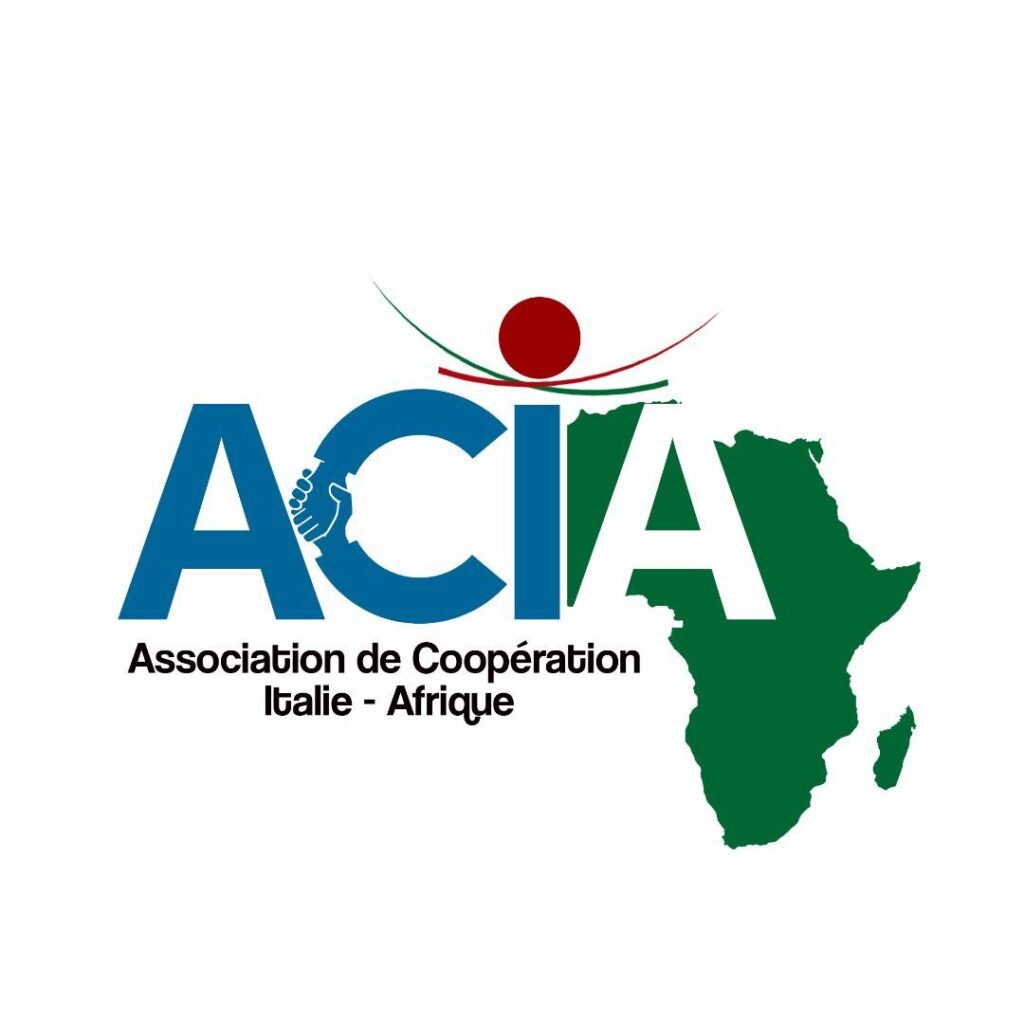Non-tariff barriers
There are no non-tariff restrictions on goods traffic, although there may sometimes be some delays, for administrative reasons, in customs clearance procedures.
For health and safety reasons, imports of certain products are subject to various forms of authorisation:
- meat,
- breeding products,
- feed,
- pharmaceutical products,
- cooking salt,
- medical soaps,
- weapons and ammunition,
- pyrotechnic products,
- minerals and precious stones,
- radioactive substances, kerosene,
- fuels,
- transceivers,
- pesticides.
Approval of the relevant prices is required for some products or services.
The export of certain timber species is prohibited.
Some of these products also undergo quality and conformity checks at the importer's expense before they can be distributed within the country.
Importers and exporters must register with the Commerce and Personal Property Credit Register and register with the Ministry of Commerce.
All imports, including those from countries CEMAC, must be declared before shipment.
In addition, those exceeding 2 million CFA francs must be domiciled with an authorised intermediary and are subject to pre-shipment inspection by the Societè Generale de Surveillance (SGS).
Special exchange rate regimes apply to imports of oil and minerals.
Tariff barriers
Cameroon is a founding member of the WTO (World Trade Organisation).
The country is also a member of the Central African Economic and Monetary community (CEMAC) whose currency is pegged to the euro at a fixed parity.
In 1993, CEMAC adopted a common external tariff and negotiations for the future creation of a customs union are ongoing.
All duties are ad valorem.
The average simple duty is 19.1%. However, customs duties are particularly high (approximately 50% for products imported from the European market: 30% customs duties and 18.7% value added tax).
Agricultural products are subject to higher taxation (average simple duty of 22.6%) than non-agricultural products (simple average of 18.6%).
Cameroon grants duty-free entry for products from other CEMAC countries, based on compliance with the rules of origin.
A value-added tax of 17, 5% and excise duty of 25% applies to all products, local and imported:
- drinks,
- tobacco products,
- foie gras,
- caviar and substitutes,
- salmon,
- metals and precious stones,
- jewellery.
Added to the value-added tax is a municipal tax (municipal surtax cents, CAC), equal to 10% of the tax rate, which raises it to 19.25%.
A tax is levied on all exports.
Municipal surcharges (Cac)
It is an additional tax whose revenue flows to the municipalities. The rates set for income tax and value added tax are increased by 10%.






